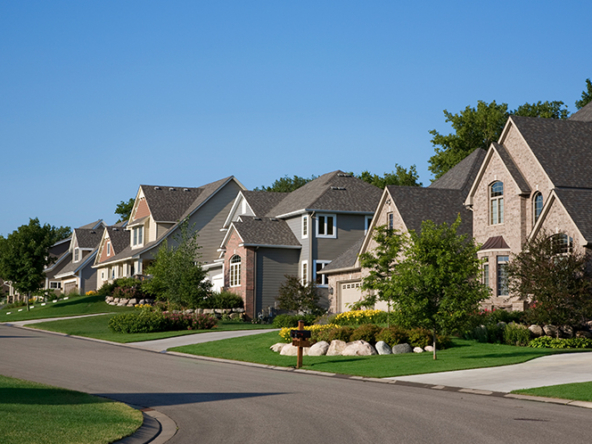What are the important things before we even start house-hunting , how to prepare before we even start house-hunting and what to expect and do or rather not do!
Know that there’s no “right” time to buy.
If you find the perfect home now, don’t risk losing it because you’re trying to guess where the housing market and interest rates are going. Those factors usually don’t change fast enough to make a difference in an individual home’s price.
Don’t ask for too many opinions.
It’s natural to want reassurance for such a big decision, but too many ideas from too many people will make it much harder to make a decision. Focus on the wants and needs of the people who will actually be living in the home.
Accept that no house is ever perfect.
If it’s in the right location, the yard may be a bit smaller than you had hoped. The kitchen may be perfect, but the roof needs repair. Make a list of your top priorities and focus in on things that are most important to you. Let the minor ones go. Also, accept that a little buyer’s remorse is inevitable and will most likely pass.
Don’t try to be a killer negotiator.
Negotiation is definitely a part of the real estate process, but trying to “win” by getting an extra-low price or refusing to budge may cost you the home you love.
Remember your home doesn’t exist in a vacuum.
Don’t get so caught up in the physical aspects of the house itself that you forget about important issues such as noise level, access to amenities, and other aspects that also have a big impact on your quality of life.
Plan ahead.
Don’t wait until you’ve found a home to get approved for a mortgage, investigate insurance, or consider a moving schedule. Being prepared will make your bid more attractive to sellers.
Choose a home first because you love it; then think about appreciation.
A home is still considered a great investment, but its most important role is as a comfortable, safe place to live.
Talk to mortgage brokers.
Many first-time home buyers don’t take the time to get prequalified. They also often don’t take the time to shop around to find the best mortgage for their particular situation. It’s important to ask plenty of questions and make sure you understand the home loan process completely.
Be ready to move.
This is especially true in markets with a low inventory of homes for sale. It’s very common for home buyers to miss out on the first home they wish to purchase because they don’t act quickly enough. By the time they’ve made their decision, they may find that someone else has already purchased the house.
Find a trusted partner.
It’s absolutely vital that you find a real estate professional who understands your goals and who is ready and able to guide you through the home buying process.
Make a good offer.
Remember that your offer is very unlikely to be the only one on the table. Do what you can to ensure it’s appealing to a seller.
Factor maintenance and repair costs into your buying budget.
Even brand-new homes will require some work. Don’t leave yourself short and let your home deteriorate.
Think ahead.
It’s easy to get wrapped up in your present needs, but you should also think about reselling the home before you buy. The average first-time buyer expects to stay in a home for around 10 years, according to the National Association of REALTORS®’ 2013 Profile of Home Buyers and Sellers.
Develop your home/neighborhood wish list.
Prioritize these items from most important to least.
Select where you want to live.
Compile a list of three or four neighborhoods you’d like to live in, taking into account nearby schools, recreational facilities, area expansion plans, and safety.
click HERE for more great blog posts
for more on this topic , click here
Check these hot deals in Palm Springs!
- 1500 s. Palm Canyon dr.Palm Springs ca 92264 $1,800.000
-

10000 sq.ft and 18 individually metered units, with 16 000 sq.ft lot and 26 own parking spaces,All the units are currently rented and have a list of people waiting for a space to open!
It is currently generating $12500 +- per month plus an additional $8000 per year to help with taxes .
 102 e. Amado rd. Palm Springs Ca 92262 $2,000.000 Downtown-Downtown Palm Springs,location-location-location!!!-Huge frontage!!!!ideal centre,POSSIBILITY TO BUILD UP TO 3 STORIES HIGH,$118500k annual income, currently 3 renters-long term 3ple net , minimum operating and maintenance expense,8 parking spaces,located on main street in Downtown Palm Springs where it all happens , across from major hotels and less than 1 block away from Casino, post office …….
102 e. Amado rd. Palm Springs Ca 92262 $2,000.000 Downtown-Downtown Palm Springs,location-location-location!!!-Huge frontage!!!!ideal centre,POSSIBILITY TO BUILD UP TO 3 STORIES HIGH,$118500k annual income, currently 3 renters-long term 3ple net , minimum operating and maintenance expense,8 parking spaces,located on main street in Downtown Palm Springs where it all happens , across from major hotels and less than 1 block away from Casino, post office …….



